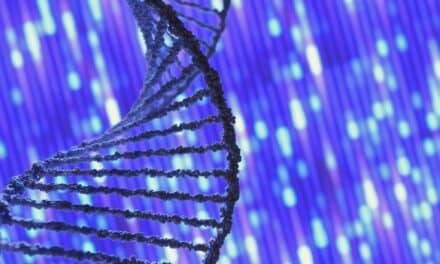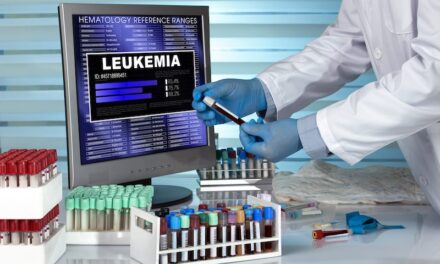Summary: A large-scale study by GeneDx and partners reveals that while diagnostic accuracy in genetic testing is consistent across racial groups, access disparities persist due to structural barriers.
Takeaways:
- GeneDx’s study shows no significant difference in exome sequencing accuracy between non-white and non-Hispanic white patients for diagnosing rare diseases.
- Despite comparable diagnostic yields, barriers such as workflow complexity, costs, and clinician shortages limit equitable access to genetic testing.
- GeneDx aims to reduce these barriers, utilizing its diverse dataset to drive health equity and advance genomic diagnostics for all populations.
GeneDx a leader in delivering improved health outcomes through genomic insights announced the results of an extensive study shedding light on the critical issue of racial disparities in access to an accurate genetic diagnosis.
The study, a collaboration among GeneDx, The University of Washington, Brotman Baty Institute for Precision Medicine, Geisinger and Seattle Children’s Hospital, was conducted on nearly 187,000 samples performed and across approximately 73,000 patients who received exome testing with GeneDx.
Findings uncover the diagnostic yield of exome sequencing for making an accurate and precise genetic diagnosis in children with rare diseases does not vary significantly between non-white and non-Hispanic white patients. Data from the study reveals that 46% of patients evaluated were non-white and within this group, the diagnostic rate for GeneDx’s exome testing when both parents were also tested remained consistently high at 27.1% compared to 27.4% for non-Hispanic white patients.
Disparities in Genetic Diagnosis
These findings demonstrate disparities in precise genetic diagnosis are not due to diagnostic yields, but rather larger systemic structural barriers which may include complex workflows, costs, clinician shortages, unconscious biases, and more.
“Our findings show that when people are tested, diagnostic rates among populations are comparable,” says Mike Bamshad, MD, FACMG, professor of pediatrics at the University of Washington and Seattle Children’s Hospital. “Nevertheless, considerable disparities in access to testing remain. We, and our collaborators at GeneDx, are testing a variety of novel ways to simplify clinical workflows, increase provider readiness, and ultimately reduce barriers to genetic testing.”
The study was constructed using GeneDx’s industry leading diverse dataset of more than 700,000 clinical exome and genomes. The data was presented this week at the American Society of Human Genetics (ASHG) annual meeting. GeneDx leverages its database as a critical tool to drive transformational care for pediatric patients and as the industry continues to look for strong evidence to expand the utilization and clinical utility of genome sequencing.
“The growing utilization of GeneDx’s exome and genome testing enriches our unparalleled diverse dataset and creates a flywheel effect. With every test we complete, we deepen our understanding of disease-gene connections to inform more definitive diagnoses regardless of ancestral background. These are critical findings to ensure health equity within genomics,” says Paul Kruszka, MD, FACMG, chief medical officer at GeneDx. “With similar diagnostic yields, the life-changing actionability of an accurate genetic diagnosis should be accessible to all and GeneDx is committed to breaking down systemic barriers and advocating for equitable access.”




